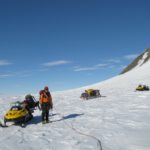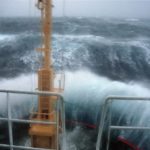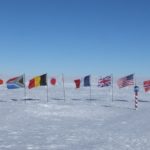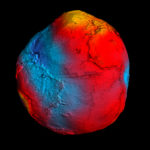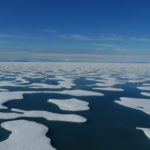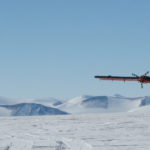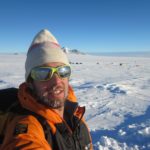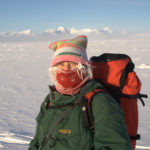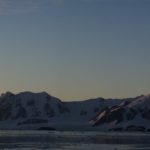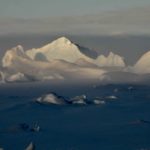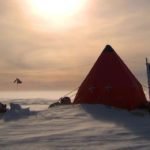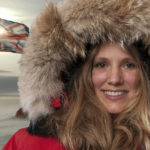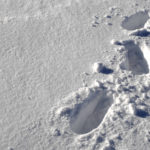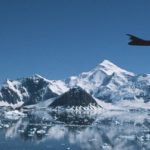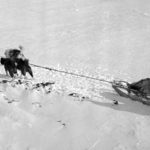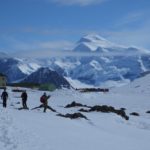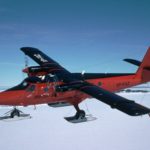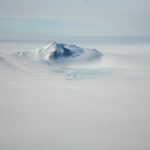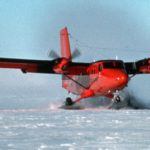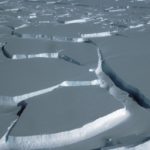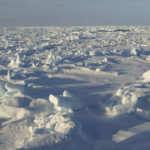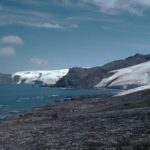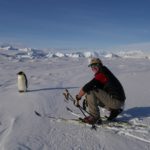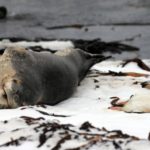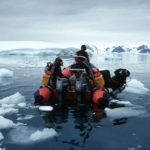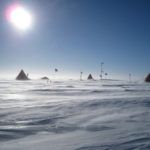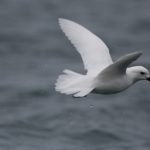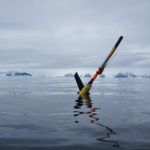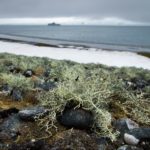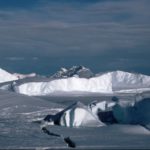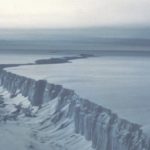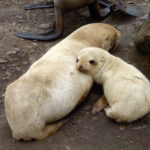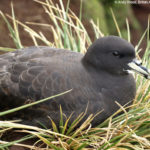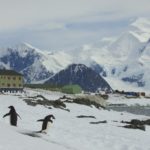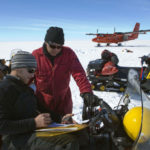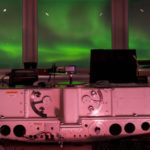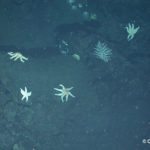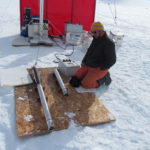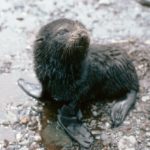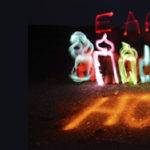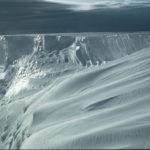Halley Research Station is the British Antarctic Survey’s most southerly Research Station and is built on a floating ice shelf. All the vehicles at Halley are tracked and can be …
Ensuring our Antarctic vehicles fleet performs in extreme conditions
To assess the wider impact of global climate changes on the environment we are investigating intervals of deep geological time that provide clues about the evolution and sensitivity of organisms …
We aim to detect patterns and mechanisms of late glacial and Holocene climate change and to place recent human impacts on the Earth’s climate system in the context of long …
Shallow UW Camera System can work to depth up to 1000m, showing a black and white live low resolution video stream and can take colour high resolution stills. The system consists …
BAS has developed aerogravity systems that can be mounted in its geophysical survey aircraft, or in a UAV. Over 100,000 km of gravity data has been collected since such systems …
The radar system is composed of a complex waveform generator, signal processor, data handler and data store. It includes a high power transmitter (up to 66dBm or 4kW), a low …
Two of the four BAS Twin Otters are equipped with a full remote sensing capability, providing scientists with data on land, ice and sea. This includes VNIR & SWIR hyperspectral …
Enabling ice observation programmes
Specialist team for specialist work
Operational support for UK polar research is managed by our Operations teams. The team covers a wide range of activities from managing Arctic and Antarctic Research stations, operating polar ships …
Airborne instrument capability
Exploring the unknown, predicting the future
Providing geospatial information support to BAS science and operations programmes
Understanding the present, predicting the future
Understanding past change in ice sheets, oceans and global climate
Understanding the present, exploring the unknown
Our ambition Is to support the UK’s polar research effort through effective and efficient operation and management of research stations and deep-field locations in the Antarctic, the subantarctic and in …
Understanding the present
Communicating excellence with impact
The Environment Office coordinates and monitors environmental activities on BAS stations and ships and at its headquarters in Cambridge to ensure minimum environmental impact. Our responsibilities Developing and implementing BAS …
SAOZ measures sunlight scattered from the overhead sky in a way that allows us to calculate how much of the atmospheric gases ozone and nitrogen dioxide the light has passed through …
The instrument that led to the discovery of ozone depletion over Antarctica
The microwave radiometer enables us to gain a better understanding of the chemistry and physics of the polar middle atmosphere, 35–90km above the ground, and how it affects climate. For example, …
The riometer at Halley measures the radiowave noise at 30MHz coming from the Galaxy. Typically there is a gentle variation of the noise during each day as the Earth turns …
Search coil magnetometer Several kinds of natural waves in the ultra-low-frequency (ULF) range are generated in Earth’s space environment (the magnetosphere, bounded by Earth’s magnetic field as it extends into …
The Halley VLF receiver listens to very-low frequency radio waves as part of a network of receivers located all over the polar regions. The data gathered by this network is used by …
Bomem The Bomem has been operating at Halley periodically since 2002. It’s a spectrometer: an instrument that splits light into its component colours. It is designed to look specifically at …
At Halley, balloon launches take place every day at 11am. A device called a radiosonde hangs beneath the helium-filled balloon and measures temperature, pressure and humidity. From GPS we can …
Studying winds, waves, and tides in the upper atmosphere across the polar regions.
Met tower Meteorological scientists at Halley have been measuring the weather in great detail and with ever more sophisticated gadgets since the station first opened over 50 years ago. Instruments …
Rothera Research Station ARIES Dome
MF Radar Info to be added Skiymet Radar Info to be added
New Bransfield House Hardware for general use A number of networked computers for all staffr Hardware for science use (Bonner Lab) 8 x Windows XP PCs for visiting scientists HP …
Hardware for general use A Module 4 x networked PCs running Windows 7 Enterprise HP colour laser printer with duplexer Epson stylus 1400 photo printer Epsom GT20000 scanner H1 Module …
These facilities are on board and available for BAS cruises. They will not necessarily be available to external personnel when the vessel is on hire during North Sea work. Hardware …
Offices, social and recreational faclilities
The runway at Rothera is 900 metres long (2,950 ft) and is made of crushed rock. To the west of the runway lies the aircraft hangar, which houses the Dash-7 and three Twin …
